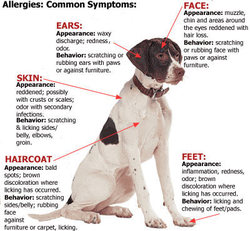
Although summer is quickly winding down it is never too late for exploring the seasonal dangers faced by dogs and their owners and learning how to keep our dogs safe. Today’s topics are seasonal allergies and some of the toxins found in products we use in our every-day lives.
Like humans, dogs can suffer from seasonal allergies. Dogs may be allergic to pollens, ragweed, grass, trees, mold spores, dust mites and dander. Dogs may also be allergic to certain foods and medications. Allergies seem to be especially common in terriers, setters, retrievers and flat-faced dogs like pugs and bulldogs.
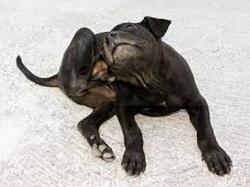
The most effective treatment for allergies in dogs (once the allergy is determined) is to remove the allergens from the environment as much as possible. Other things that can be done to minimize symptoms are cleaning your dog’s paws when coming in from outside to avoid tracking allergens into the house, regular flea and tick prevention treatments and cleaning and vacuuming pet bedding and living areas regularly. Bathing your dog more frequently can also help remove pollens and allergens from the fur.
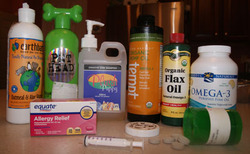
In some cases your vet may prescribe allergy shots and in some instances Benadryl can help relieve certain symptoms. Some natural remedies have also been effective such as Omega 3 fatty acids, and coconut oil. When giving any human ingredient or medication to a dog though, be sure and check with your vet to be sure it is safe and for proper dosage instructions.
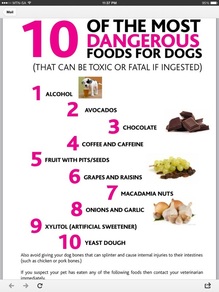
Many common foods and household products can pose serious threats to your dog as well. By now we may know that some of the foods we love such as chocolate, grapes, raisins, onions and macadamia nuts are toxic to dogs.
In the summer months there are many additional dangers in our environment. If you are doing any construction or renovation to your home, be aware that many construction materials and processed wood products contain formaldehyde. Be sure to supervise your dog if he is going to be in areas where he can find these materials and do not allow your dog to chew on any of these items.
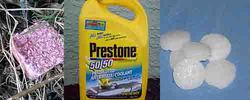
There are many natural alternatives to the products we use in the summer months that are just as effective and will not harm your pets. If you use moth balls, substitute cedar. Corn gluten is a safe alternative to the weed and feed products we use to manage our lawns. If you use garden herbicides or insecticides check online or consult your lawn care professional for replacements that can safely be used around pets. Not only will you be keeping your pets safe but you will also be protecting the environment.
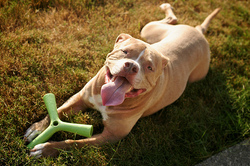
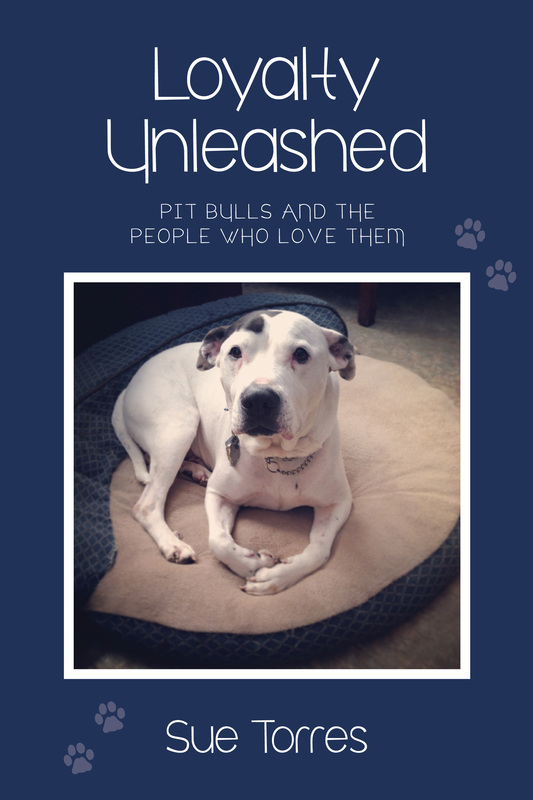



 RSS Feed
RSS Feed